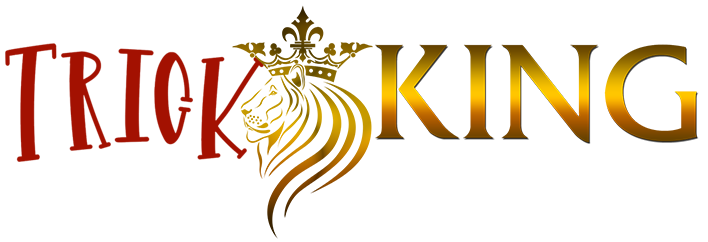It is impossible to overstate the value of education. Learning gives us the ability to realize our potential and carry out our ideas. Practically speaking, the rate of learning is just as significant as the amount. Who wouldn’t enjoy having as much knowledge as possible recalled quickly?
You are aware of how important learning is for both personal and professional development. However, your efforts have not been as successful or efficient as you had hoped. You either struggle to find the time to learn or appear to battle distractions nonstop. However, if you are struggling to learn the concepts or information or want to become a fast learner, then you must read this article. Here, we will provide you with some techniques to make you a more effective and fast learner.
Who is a fast learner?
A “quick learner” is a different term for a “fast learner.” Compared to their peers, someone who is easily taught new things. They utilize the information they process more quickly than others do. Communication and listening skills may be strong points for quick learners. Strong analytical skills may be displayed by quick learners, who will assimilate the information and use it in productive ways. However, it doesn’t mean that a fast learner never needs help with assignment. They also lack sometimes and require assignment help from professionals.
Qualities of a Fast Learner
Here is a list of the qualities of a fast learner:
- Be aware that many questions remain unresolved
- They can quickly communicate concepts to young children
- Things can be visualized by quick learners
- They are more productive and need less thought
- Not hesitant to admit “I don’t know”
- They have an increased capacity for action and less cognitive load
Ways to Become a Quick and Faster Learner
Anyone can learn quickly if they take the proper approach. There are several methods for achieving this. However, choosing a strategy that will work for a certain person is entirely up to that person. To determine which methods work best together for you, you may also combine them. Below, we have included some of the techniques you can use to quicken your learning process.
- Define your learning objectives
If you are unsure about what you want to learn, the learning might become difficult for you. Therefore, clearly define your learning objectives. Having a clear WHY helps in keeping us on track and battling distractions, whether for personal or professional development. According to research, the most important component in predicting academic performance is the attitude towards learning. A positive learning attitude combines motivation, specific goals, self-efficacy, and being around others who encourage and expect you to succeed in your learning objectives.
- Make use of technology
By utilizing technology, you can learn anywhere and you won’t have to lug along bulky books. With only a few taps on your smartphone or other mobile devices, you may access a plethora of knowledge, including whole courses and “nano degrees” at MOOCs (Massive Open Online Courses), audiobooks, YouTube videos, and ebooks. Make sure you always have access to learning materials when you are out.
- Just do one thing at a time
At first, it could appear like there is too much to study and not enough time. In an effort to take in as much information as possible, many people make the mistake of scanning the text fast. The learning process will really be far more successful if the material is divided into smaller chunks. With this strategy, students will study more effectively and rapidly, and the sense of accomplishment they will feel after finishing each subject will definitely encourage them further.
- Make a learning strategy
Set specific learning objectives if you have a purpose for what you are studying. Your long-term plans for professional or personal development should be in line with your long-term goals. Divide them into medium- and short-term objectives. For every learning session, even if there are only a few topics you need to cover, make sure you have a strategy. This will help you stay on course and pay for what you require.
- Make use of information sources
Studying the knowledge is significantly more successful when you use a range of sources. There are times when watching educational videos or enrolling in online courses might save us hours of studying. The internet has made it possible for us to access a wealth of knowledge through a variety of platforms, including blogs, videos, podcasts, forums, social media, and online books. This is also a great way to get ready for harder tasks that may come up in college or at the next job.
- Make informed notes
The first step to remembering what you have learned is to take notes. In addition to acting as a memory bank for information that can be rapidly retrieved later, notes that are written in your words and capture the substance of the subject studied can help with the process of making connections, which is essential for “deeper learning.” Note any relevant names, dates, definitions, points of contention, and examples. This will help you recall things easily and thus you might not need help with assignment from anyone.
- Take rest and do exercise
Despite the idea that learning is an ongoing process, rest is a crucial component in speedy learning. Maintaining attention requires getting adequate sleep and taking regular breaks from studying. This is why you should avoid stressful situations like cramming for a test the night before. The brain needs to get some rest to be able to take in and process information, just like the rest of the body. In addition, the body needs time to recuperate from studying, which is another justification for students to exercise during breaks.
You will eventually notice what a difference these techniques can make if you keep putting them into practice. Additionally, your capacity to learn quickly will increase along with your effectiveness.







